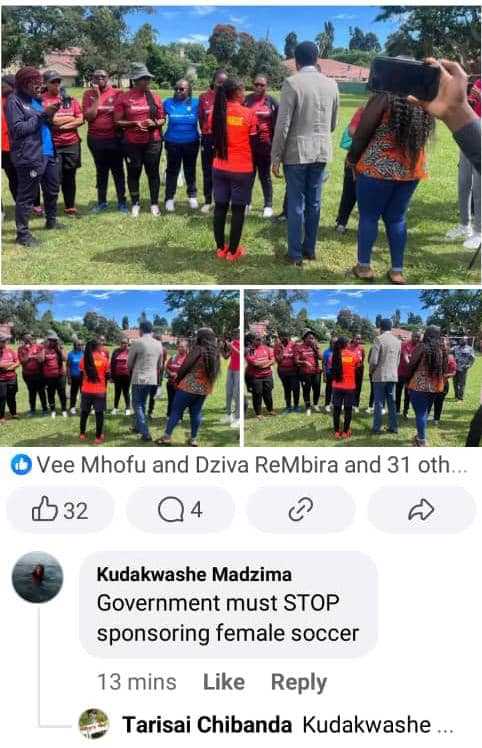
Patience Muchemwa
Senior Reporter
In the digital age, social media offers a platform for support but also exposes athletes to harmful criticism. In Zimbabwe, many athletes have faced significant online negativity, severely impacting their mental health and performance.
Long-distance runner Rutendo Nyahora was heavily criticized after withdrawing from the women’s marathon at the 2024 Paris Olympic Games due to injury.
Despite her best efforts, she was met with a wave of negative comments online, leading her into depression and thoughts of suicide. Reflecting on the ordeal, Nyahora shared, "I couldn't handle the insults from social media after the Paris marathon."
Sprinter Makanakaishe Charamba also endured harsh online criticism, with accusations that his Olympic selection was due to his father’s government position. However, Charamba silenced his detractors by finishing eighth in the men’s 200m final at the Paris Olympics, proving his merit and dedication.
The Zimbabwe men's netball team has also been targeted by online mockery, with many ridiculing the sport as being exclusively for women. Such comments undermine the athletes' hard work and perpetuate harmful gender stereotypes in sports.
Related Stories
Similarly, the Zimbabwe national football team often faces a wave of criticism following losses, with frustrated fans resorting to harsh comments that can erode players’ confidence and morale.
These challenges are not unique to Zimbabwe. Athletes globally face similar issues. In 2021, English footballers Marcus Rashford, Jadon Sancho, and Bukayo Saka were subjected to racial abuse on social media after missing penalties in the Euro 2020 final, a stark reminder of the pervasiveness of online negativity.
Gerren Muwish, Captain of the Zimbabwe National Athletics Team, highlighted the psychological toll of online criticism.
He explained, "At the end of the day, athletes are human too. We have feelings like everyone else. Mental fortitude is important because we put ourselves in the public's eye, but we still go through what every other person goes through and then some."
Muwish added, "The worst thing is that most of these internet trolls spread negativity for ‘love and likes’ on social media without realizing the impact their words have.
"There should be safeguards to protect athletes from cyberbullying, as we’re already dealing with performance anxiety and mental nerves on the big stage. I shouldn’t have to add to my stress by worrying about what some random person hiding behind a keyboard has to say."










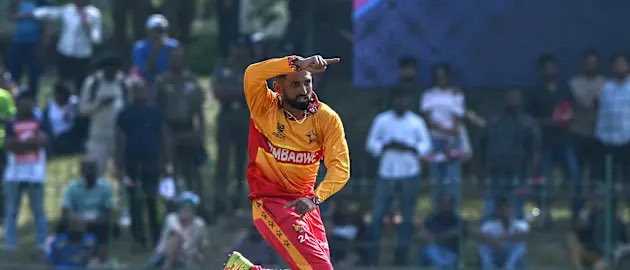

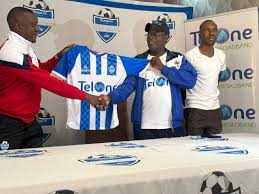

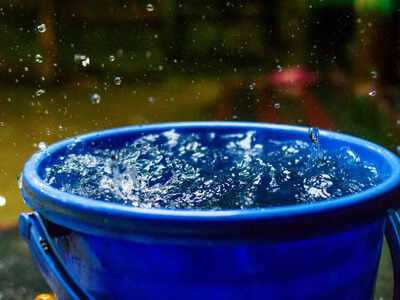
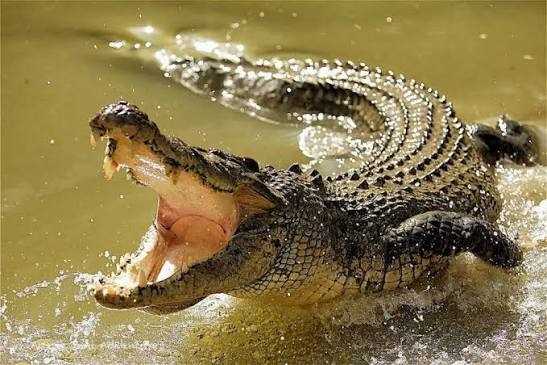
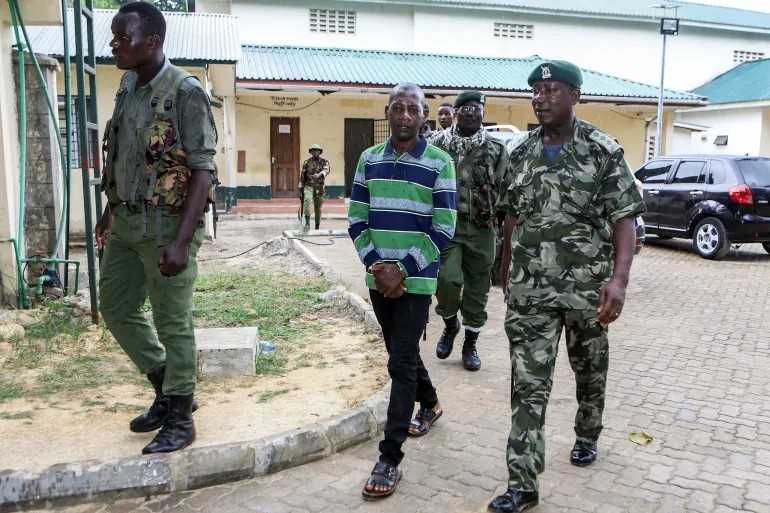



Leave Comments